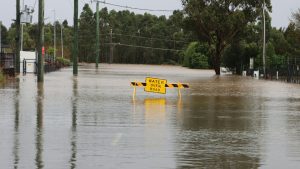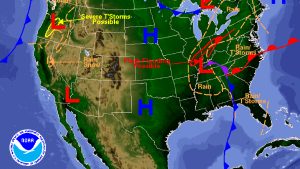What is Humidity?
Humidity refers to the amount of water vapor present in the air. It is a key factor in weather and climate, influencing how hot or cold we feel and affecting the formation of clouds and precipitation. There are several ways to express humidity, including:
- Absolute Humidity: The actual amount of water vapor in the air, measured in grams per cubic meter.
- Relative Humidity: The percentage of water vapor in the air relative to the maximum it can hold at a given temperature.
- Specific Humidity: The ratio of water vapor mass to total air mass.
Relative humidity is the most commonly used measure in weather reports and forecasts.
What is Dew Point?
The dew point is the temperature at which air becomes saturated with water vapor and water begins to condense into dew, fog, or clouds. When the air temperature drops to the dew point, the relative humidity reaches 100%. Dew point is a direct indicator of moisture content in the air.
Higher dew points mean more moisture and a greater likelihood of fog, dew, or precipitation. Dew point also impacts human comfort, as higher values often make the air feel muggy or sticky.
Why Do Humidity and Dew Point Matter?
- Weather Forecasting: Both humidity and dew point help meteorologists predict fog, frost, and precipitation.
- Storm Formation: Moist air with a high dew point fuels thunderstorms and severe weather.
- Human Comfort: High humidity and dew point can increase the risk of heat-related illnesses by reducing the body’s ability to cool through evaporation of sweat.
Measuring Humidity and Dew Point
Meteorologists use instruments like hygrometers and dew point sensors to measure these variables. Advances in technology have also enabled remote sensing through satellites and weather balloons.
How to Interpret Humidity and Dew Point
- Low Dew Point (Below 50°F): Dry and comfortable air.
- Moderate Dew Point (50°F – 65°F): Somewhat humid but generally comfortable.
- High Dew Point (Above 65°F): Humid, muggy, and uncomfortable conditions.
Understanding these measurements helps both storm chasers and everyday people prepare for weather conditions.




